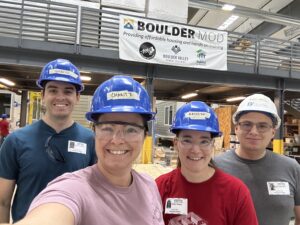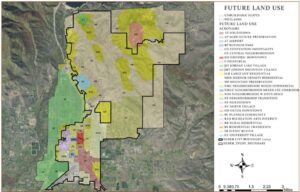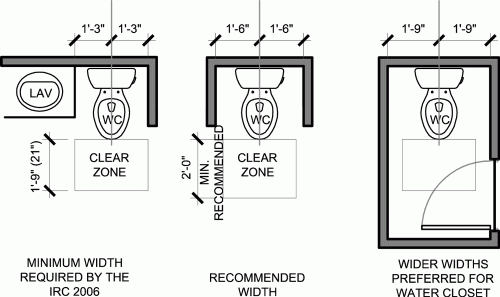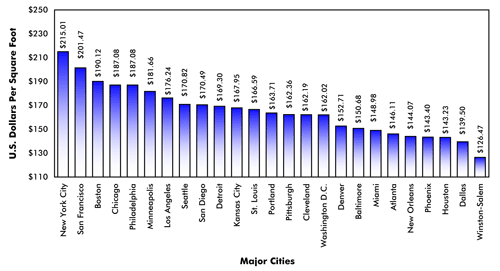1. Understanding the Entitlements Process
First, Denver’s entitlements process involves obtaining necessary approvals and permits to develop a property. This process includes zoning, planning, and land use reviews. The entitlements process can be complex, often requiring multiple submissions and revisions.
Challenges:
- Extended Timelines: The approval process can be lengthy, causing delays.
- Complex Requirements: Developers must meet specific criteria, which can vary based on the project type and location.
2. Zoning Regulations
Next, Denver’s zoning code, known as the Denver Zoning Code (DZC), regulates land use and development. Familiarize yourself with zoning designations and requirements.
Example:
- Mixed-Use Zoning: Allows for a combination of residential, commercial, and industrial uses within a single area.
Reference: Denver Zoning Code
3. Building Code Amendments
Thirdly, Denver has specific amendments to the International Building Code (IBC). These amendments can affect construction costs and project timelines.
Impact:
- Increased Costs: Compliance with local amendments may require additional materials or modifications.
- Delays: Navigating these amendments can extend project timelines.
4. Permitting Process
Similarly, obtaining permits in Denver involves several steps, including plan reviews and inspections. Therefore, ensure all documents are complete and accurate.
Example:
- Building Permits: Required for new construction, renovations, and certain repairs.
Reference: Denver Permitting Process
5. Environmental Regulations
Moreover, Denver enforces environmental regulations to protect air, water, and land quality. Therefore, developers must comply with these regulations throughout the project lifecycle.
Example:
- Stormwater Management: Required to prevent contamination and manage runoff.
6. Historical Preservation
Additionally, developers must consider historical preservation regulations when working on properties in designated historic districts or with landmark status.
Example:
- Landmark Preservation: Involves additional reviews and approvals to maintain historical integrity.
7. Affordable Housing Requirements
Furthermore, Denver promotes affordable housing through various incentives and requirements. Accordingly, developers may need to include affordable units in certain projects.
Example:
- Inclusionary Housing Ordinance: Requires a percentage of units in new developments to be affordable.
8. Public Engagement
Moreover, engaging with the community and addressing public concerns is crucial for project approval. Therefore, attend public meetings and solicit feedback.
Benefit:
- Community Support: Positive engagement can facilitate smoother approvals and project acceptance.
9. Transportation and Infrastructure
Additionally, developers must consider the impact of their projects on local transportation and infrastructure. This may involve traffic studies and infrastructure improvements.
Example:
- Traffic Impact Analysis: Required for larger developments to assess and mitigate traffic impacts.
10. Partnering with Experienced Teams
Finally, working with experienced architecture and engineering teams can help navigate Denver’s complex regulations and mitigate potential impacts.
Benefits:
- Expert Guidance: Experienced teams understand local codes and can streamline the approval process.
- Cost Management: Professionals can identify cost-effective solutions to meet regulatory requirements.
Conclusion
In conclusion, developing in Denver involves navigating unique processes and regulations, including the entitlements process, building code amendments, and zoning regulations. Thus, by understanding these requirements and partnering with experienced teams, developers can successfully manage challenges and ensure project success. EVstudio has vast experience in working with the complex regulations of Denver’s zoning and building departments, and can help you navigate your next project in Denver for a smooth and successful outcome. Reach out to us today to discuss your next development.
References:
- Denver Zoning Code. Denver Zoning Code
- Denver Permitting Process. Denver Permitting Process
- Denver Community Planning and Development. Denver CPD











